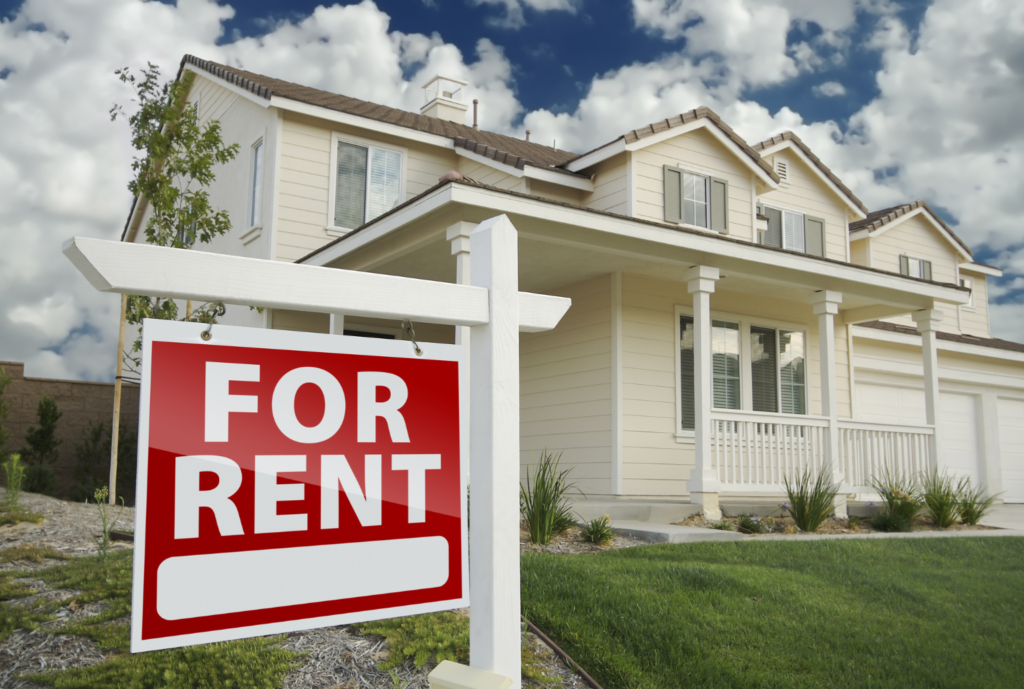For consumers who wish to invest their money in something more solid and secure than the stock market, real estate has long been a popular choice.
The majority of people's homes are the largest financial investments they will ever make, and a mortgage is a great hedge against inflation. It's the perfect time to think about expanding your horizons and investing in rental property because home values are still slowly rising in many locations and the housing market is still competitive.
There are many different sorts of rental property. You may invest in a single-family home in good condition and rent it out for more than your mortgage payment. You could invest in commercial property and earn even greater rent from establishments like restaurants and healthcare companies, or you could buy an entire apartment building and collect many rent checks each month.
So if you're asking: is investing in rental properties worth it? The answer is yes.
However, you must ensure that you are familiar with the pros, cons, and fundamentals of how to begin with investment rentals, and that's what we're going to do today.

There's no denying how beneficial investing in rental property is.
The main advantage you'll experience is probably a lucrative passive income stream. You may reasonably count on receiving a consistent flow of rent payments each month as long as you can maintain your apartment rented out. That can help you reach your financial objectives for your budget and savings while also giving your bottom line a small lift.
Owning rental property has other financial advantages as well. If you choose a home that is not in decline, your equity will increase every year that you hold onto your investment. When the time comes to sell, the accumulation of assets can result in a tidy profit, which is something you might think about doing as you get closer to retirement.
Additionally, you benefit greatly from tax deductions. Investment property has costs, and you can write off things like your mortgage interest payments, property insurance premiums, remodeling charges, and general maintenance. In the long run, your mortgage may cost you very little upfront, resulting in an even greater return on your investment.
Before you begin, you should be aware of the difficulties that come with investing in real estate.
Finding decent, dependable tenants who want to stay for a long period is one of the challenges for landlords. This may result in regrettable turnovers and vacancies that will affect your finances temporarily.
Not having tenants can be a problem but so is having problematic tenants. Others are merely destructive, while others are just difficult and demanding renters. You must keep an eye out for criminal activities on the property, and you might occasionally have to deal with a renter who is unable or unwilling to make payments. Thorough background checks can prevent issues, but they also limit your choice of tenants, which can increase the number of vacancies.
There's also the issue of maintaining and managing the property. It is the landlord's responsibility to see that repairs are made as soon as possible when something goes wrong, such as a clogged drain or an odd leak coming through the ceiling of a rental. That typically involves paying upfront for a management business to handle the day-to-day concerns with your rentals and the occasional repairman, unless you're heavily involved as an investor and a "hands-on" kind of landlord.
This component is frequently influenced more by personal desire and risk tolerance than anything else:
Another factor to look at before choosing a real estate to invest in is the neighborhood.
Before making a decision, look around and do some demographic research to learn about the area's average rental pricing, turnover rates, and amenities.
Although there are many possibilities, financing is perhaps one of the largest obstacles people face when trying their hand at real estate investing.
A conventional mortgage is always an option if you have the money for a sizable down payment and excellent credit. If not, a blanket mortgage might be an option for you.
With the help of a blanket mortgage, which unites two or more properties under one loan, you can leverage the equity you currently have in your primary residence to help finance an investment property.
Even FHA loans can be used to finance a rental property with a little imagination, especially if you wish to start with a duplex or something similar. (If not, before converting the property to a rental, you must make it your primary residence for at least 12 months.)
It is definitely exciting to consider real estate investing, especially knowing the advantages it can do on you and your finances. However, you still have to consider many things, such as potential difficulties.
If you're planning to begin your journey with this, IndyLegal is here to help.
Just give us a call at 317-214-6023 to get started.